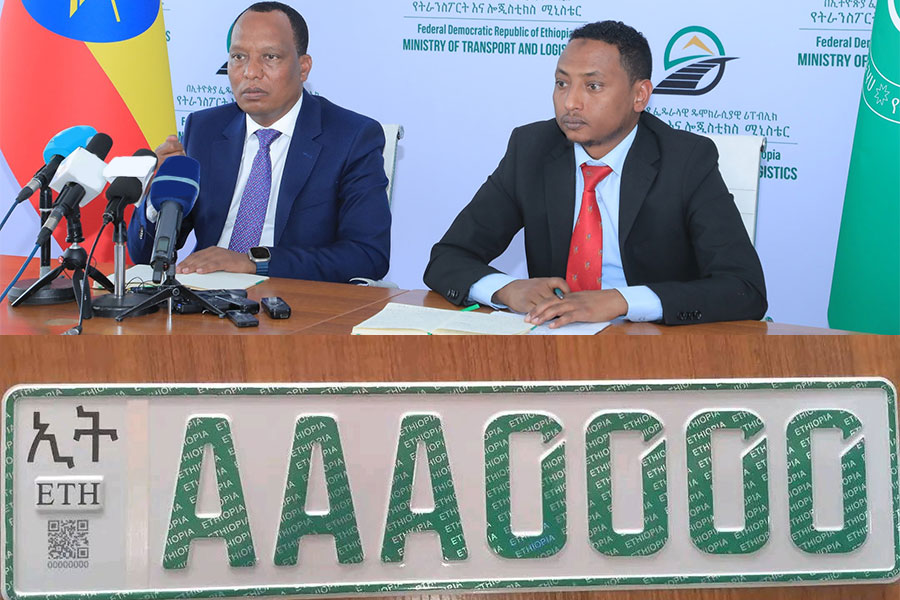
Nov 26 , 2022
By Jim O’Neill
For most of my professional career, I explored the links between the beautiful game and the global economy. At Goldman Sachs and, before that, at the Swiss Bank Corporation, I indulged my dual obsessions by presiding over special one-off publications for each World Cup from 1994 until 2010. After one, I received personal messages from senior central bankers worldwide telling me it was the best publication we had produced.
Given how frequently we published on economic events and markets, it was amusing and something to ponder. We persuaded national leaders and major football figures to guest write for us. On one occasion, the legendary Manchester United Manager, Alex Ferguson, selected his all-time top-world team.
From these experiences, I can attest to those who describe the event as one of the most beautifully inclusive meetings of different nationalities and cultures. The advent of the fan zones, which took off following the 2006 World Cup in Germany, embodied this spirit, though I experienced it most intensely in Seoul in 2002.
The link between football and the state of the world economy is apparent in the choice of tournament hosts. I think it is an inescapable fact that FIFA’s selection of South Africa in 2010, Brazil in 2014, Russia in 2018, and now Qatar was based on the steady rise of emerging economies during the first two decades of this century. I have long thought that the other two BRICS countries (a group comprising Brazil, Russia, India, China, and South Africa) might join the small group of hosts in the future.
Who at the beginning of this century would have thought that tiny Qatar might host the 22nd World Cup underway? Yet here we are, and the only surprise is that it does not feel surprising.
But given major countries’ inward turns in recent years, are the days of wanting to host the event numbered? Will aspiring emerging-market countries find it difficult to succeed in staging the world’s most-watched tournament? Or could the world soon shift back to a more contented, globalised, and inclusive international order? One might even ask a deeper question: is FIFA a leading or a lagging indicator of the world economy and the degree of globalisation?
I suspect that how the competition progresses over the next weeks and how many of us watch the matches might be the clearest early sign of the broader significance of this year’s World Cup. The competition has been the backbone of FIFA’s revenues. There is a talk, probably motivated by professional clubs’ desire for stronger revenues, of turning the tournament into a biennial event or supplementing the current quadrennial format with a quadrennial club-based competition.
If the global economy’s future differs from the past two to three decades, this will be reflected in FIFA’s decision-making. It is hard to imagine FIFA being enthusiastic about future competitions in emerging-market countries if these countries contribute less to world economic growth than the tournament hosts since 2010.
In the 1980s, 1990s, 2000s, and the last decade, global real GDP growth averaged, respectively, 3.3pc, 3.3pc, 3.9pc, and 3.7pc. The acceleration in the most recent two decades was clearly due to stronger growth in the emerging world, coinciding with the period FIFA began selecting hosts from outside the traditional football strongholds. It looks as though this trend could be reversed this decade, even with eight years to go.
What about the winners this time?
Through the popularity of the publications I produced in the past, I learned to go no further than predicting the four semi-finalists. The same realism with which one must approach economic forecasting applies to the World Cup. The leaders of countries we did not tip to win often did not take it well.
I start with history. Only eight countries have won the World Cup. Having won five times, Brazil is always one of the favourites, and this year’s squad seems to be one of the tournament’s strongest. Argentina, Uruguay, France, Germany, Italy, Spain, and England are the other previous winners. Even though Italy failed to qualify this time, the winner is likely to be among the others.
One of these years, England will win again, but it could easily be any previous winners. Denmark, the Netherlands, and Portugal usually exceed their economic and population weight. Whoever wins, I will be watching for all sorts of signals about the future - as I have always done.
PUBLISHED ON
Nov 26,2022 [ VOL
23 , NO
1178]
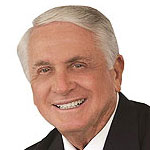

Fortune News | Jul 03,2024
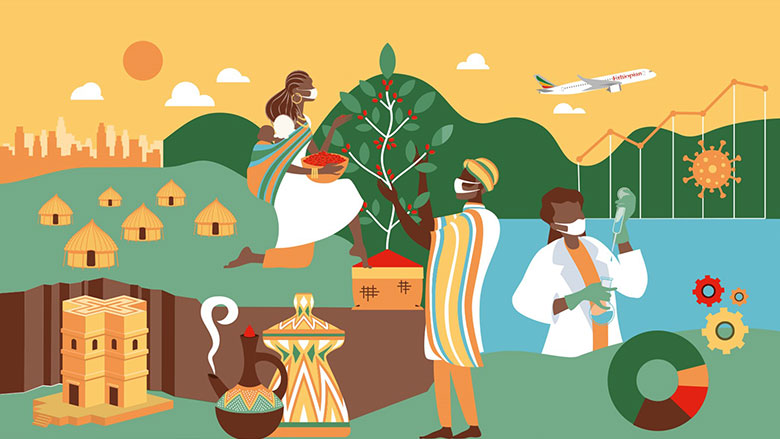
Covid-19 | May 01,2021
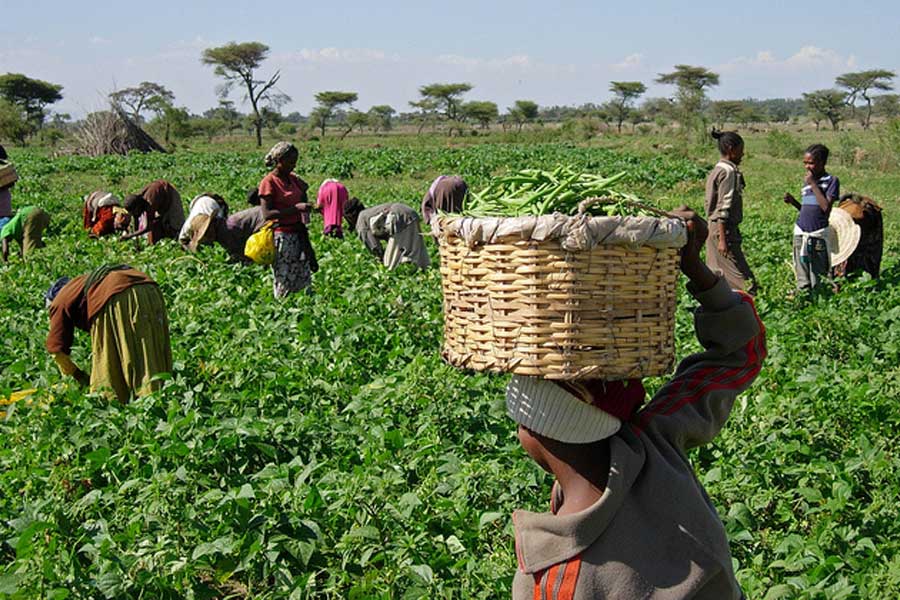
Fortune News | Mar 12,2022

Radar | Jun 04,2022

Radar | Sep 10,2022

Editorial | May 25,2024
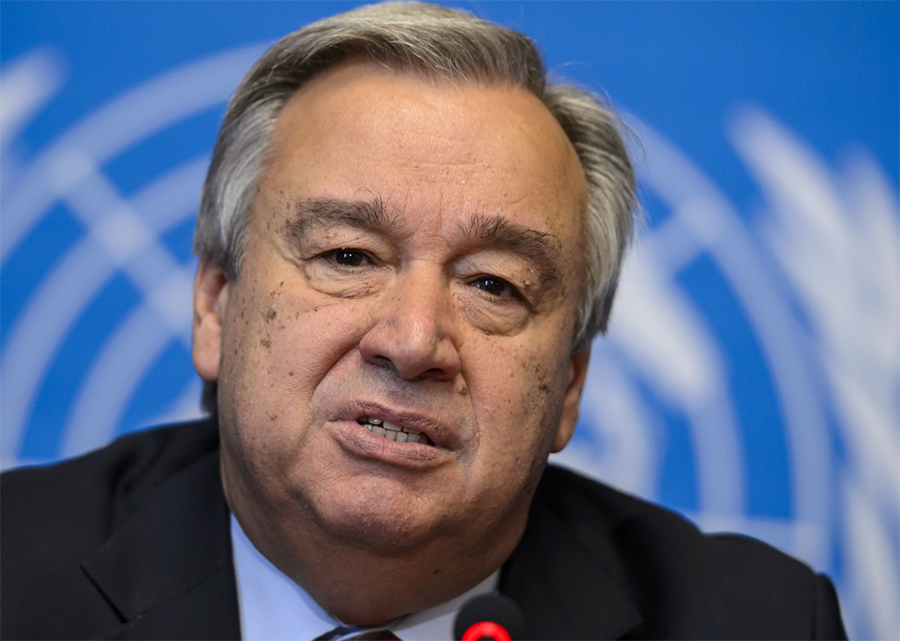
Covid-19 | Apr 01,2020

Editorial | Apr 22,2022

Editorial | Mar 01,2024

Commentaries | Feb 24,2024

Photo Gallery | 171534 Views | May 06,2019

Photo Gallery | 161775 Views | Apr 26,2019

Photo Gallery | 151506 Views | Oct 06,2021

My Opinion | 136302 Views | Aug 14,2021





Dec 22 , 2024 . By TIZITA SHEWAFERAW
Charged with transforming colossal state-owned enterprises into modern and competitiv...

Aug 18 , 2024 . By AKSAH ITALO
Although predictable Yonas Zerihun's job in the ride-hailing service is not immune to...

Jul 28 , 2024 . By TIZITA SHEWAFERAW
Unhabitual, perhaps too many, Samuel Gebreyohannes, 38, used to occasionally enjoy a couple of beers at breakfast. However, he recently swit...

Jul 13 , 2024 . By AKSAH ITALO
Investors who rely on tractors, trucks, and field vehicles for commuting, transporting commodities, and f...

Oct 4 , 2025
Eyob Tekalegn (PhD) had been in the Governor's chair for only weeks when, on Septembe...

Sep 27 , 2025
Four years into an experiment with “shock therapy” in education, the national moo...

Sep 20 , 2025
Getachew Reda's return to the national stage was always going to stir attention. Once...

Sep 13 , 2025
At its launch in Nairobi two years ago, the Africa Climate Summit was billed as the f...

Oct 5 , 2025 . By NAHOM AYELE
In Meqelle, a name long associated with industrial grit and regional pride is undergo...

Oct 5 , 2025 . By BEZAWIT HULUAGER
The federal government is set to roll out a new "motor vehicle circulation tax" in th...

Oct 5 , 2025 . By NAHOM AYELE
The Bank of Abyssinia is wrestling with the loss of a prime plot of land once leased...

Oct 5 , 2025 . By BEZAWIT HULUAGER
The Customs Commission has introduced new tariffs on a wide range of imported goods i...